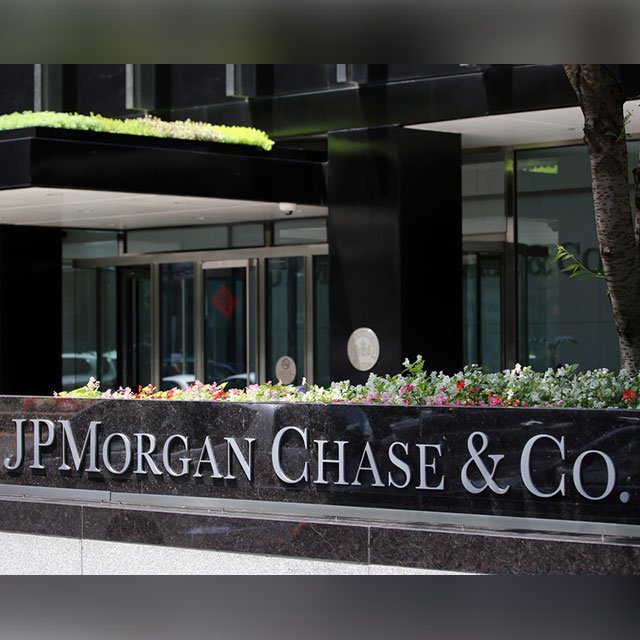How the U.S. Toppled the World's Most Powerful Gold Trader

The case against Nowak and Smith made no allegations of a systematic plot to suppress prices, instead arguing that they spoofed markets over very short periods of time, and in both directions, to benefit JPMorgan’s most important hedge fund clients.
And while the convictions are a victory for the prosecutors, the jury rejected the government’s most sweeping charges — brought under the Racketeer Influenced and Corrupt Organizations Act, or RICO — that the men were part of a conspiracy and that JPMorgan’s precious metals desk was a criminal enterprise.
At JPMorgan, Edmonds said the practice was referred to as “clicking” rather than spoofing, and the traders never discussed it as being illegal despite the firm’s own compliance policies making it plain. Trunz even spoke of a running joke involving Smith, who would click his mouse so fast to place and cancel orders that his colleagues would urge him to put ice on his fingers.
In 2012, Gerko, who is the founder of quantitative trading firm XTX Markets Ltd., complained to the CME about Smith’s trading in gold futures by rapidly entering and canceling orders. The CME began an investigation, which dragged on for three years before concluding he’d likely been spoofing.
“It took a long time after 2010 to get consistent enforcement,” Gerko said in a tweet, referring to the Dodd-Frank act in which spoofing was defined and made illegal.
After another JPMorgan trader, Michel Simonian, was fired in 2014 for spoofing, Nowak called his traders into his office to ask if they’d been doing the same, according to Edmonds. No one said anything. The incident shocked Edmonds, he said, as Nowak knew it had been going on for years.
During the trial, Nowak appeared largely impassive, his face hidden behind a Covid mask. Industry insiders described him in 2020 as introverted and brainy, and testimony during the trial painted him as a well-liked manager, who became friendly with Trunz while the two did a stint working out of JPMorgan’s London office.
During trial, Trunz was asked whether he liked Nowak, the former trader responded: “I loved him.”
However, the relationship became more complicated after Trunz was approached by authorities. When he contemplated making a deal with the government, Nowak told him not to, according to Trunz, who became audibly choked up as he gave the testimony.
Defense lawyers painted Trunz and Edmonds as unreliable — proven liars who were testifying against their clients in order to avoid lengthy prison sentences.
Future Sentencing
Nowak and Smith won’t be sentenced until next year. For comparison, two Deutsche Bank AG traders convicted of spoofing in 2020 were each sentenced to about a year in prison.
Last week’s conviction represents the pinnacle of the US Justice Department’s crackdown on the illegal trading practice known as spoofing. So far, prosecutors have managed to convict ten traders at five different banks.
JPMorgan has already paid $920 million to settle spoofing allegations against it.
“Even though the jury rejected the conspiracy and RICO charges, they will consider this a win,” said Matthew Mazur, an attorney at Dechert LLP who defended one of the Deutsche Bank traders. “This is probably the end of the precious metals sweep that was done, but I do think there will continue to be cases.”
Even after the crackdown, some market participants say spoofing still takes place. Back when commodity futures traded in the pits, brokers had to trade face-to-face. Hiding behind a screen makes it much easier to place and pull orders at will.
“We still see spoofing on a regular basis,” said Eric Zuccarelli, an independent commodities trader who began working on the floor of the New York Mercantile Exchange in 1986. “But back then if a person spoofed everybody would come over and punch you in the face and the floor committee would come over and fine you for being an asshole.”
(Image: Shutterstock)




